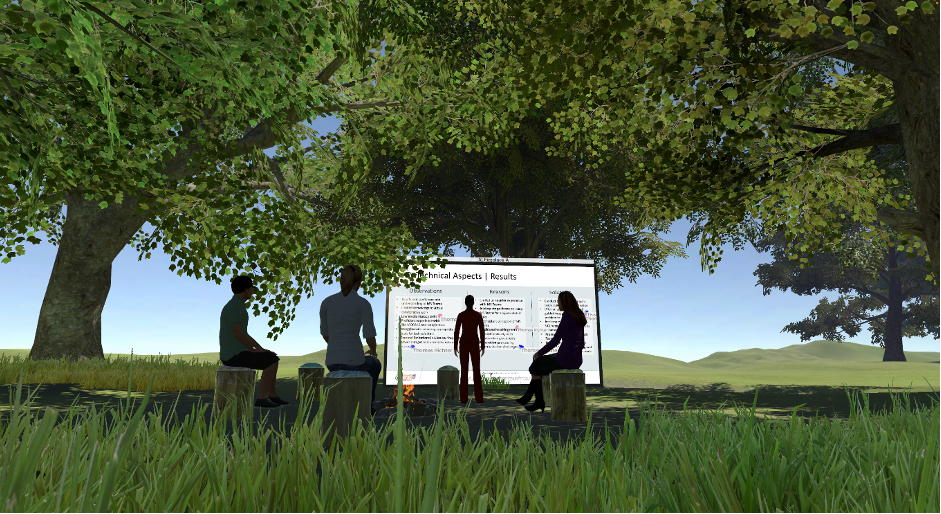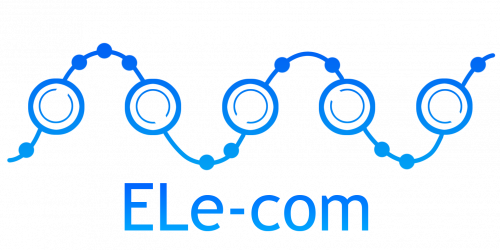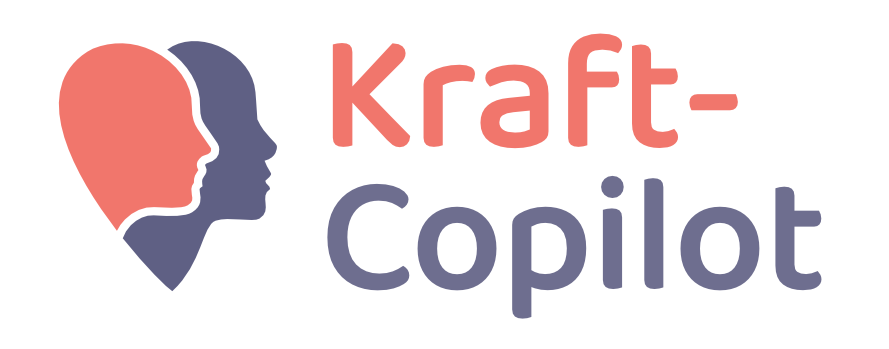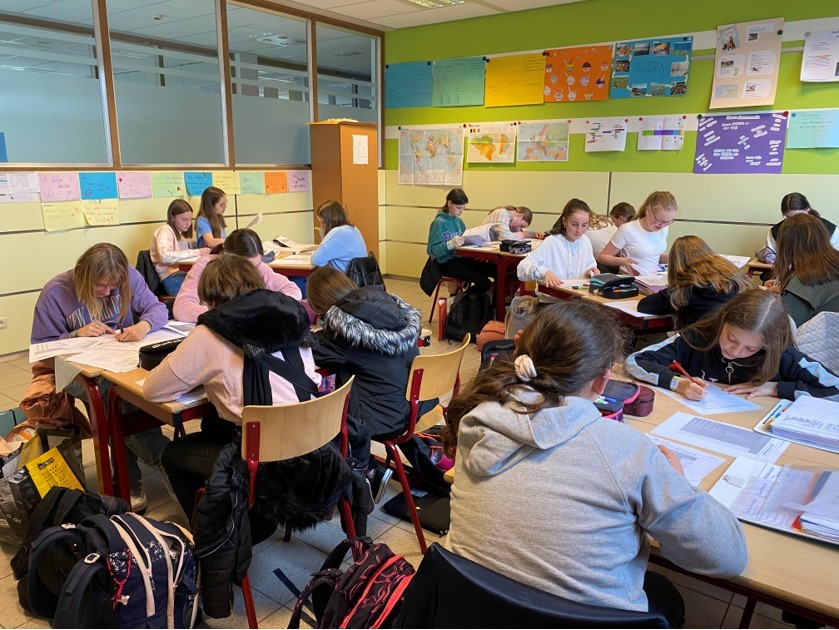ELe-com: Empowering Learning – Enabling adaptive learning in continuing professional education using the example of e-commerce
 Online retail is in a steady growth phase, which has been further intensified by the corona pandemic. This is demonstrated by rising e-commerce sales, which emerge from the current survey by the Federal Association of E-Commerce and Mail Order Germany (Bevh). This development results in qualification needs in the area of professional training in retail - but conventional offers are no longer sufficient to cover these. There is a growing demand for digital and innovative training opportunities that are compatible with individual life situations.
Online retail is in a steady growth phase, which has been further intensified by the corona pandemic. This is demonstrated by rising e-commerce sales, which emerge from the current survey by the Federal Association of E-Commerce and Mail Order Germany (Bevh). This development results in qualification needs in the area of professional training in retail - but conventional offers are no longer sufficient to cover these. There is a growing demand for digital and innovative training opportunities that are compatible with individual life situations.
Adaptive learning applications offer precisely these training opportunities: because they provide digitally prepared learning content, they enable knowledge to be imparted flexibly in terms of time and location, as well as tailored to the needs of the individual. Learning processes can therefore be organized and designed independently, and thanks to small learning units, they can be easily integrated into everyday working life.
Politicians are also responding to this demand arising from digital transformation: last year, the Federal Ministry of Education and Research launched the innovation competition INVITE the best solutions for the challenges of professional training. The aim of the tender was to increase the quality and user-friendliness of continuing education platforms.
In cooperation with the Central Office for Berufsbildung im Handel e. V. and other partners The joint project ELe-com was then created with the media center. The aim of this is to develop an intelligent learning system that easily guides people to the job-related training they need and that enables them to learn successfully via differentiated learning paths based on their user behavior. The ELe-com project was selected from over 100 submissions for funding for the period from May 1, 2021 to April 30, 2024.
The project is developing an intelligent learning system that uses micro-learning units to easily guide people to job-related training, for example on the e-commerce topic of “customer journey”. An AI-supported assistance system is to be developed to take into account the different motivations, expectations and requirements of the target group as well as their learning preferences when learning digitally and to support them in deciding on the selection, compilation and sequence of learning units using automated algorithms. This enables adaptive and individual learning and guides learners more easily to the job-related training that suits their needs. In this way, different target groups in retail and other sectors, whose preferences regarding learning goal, learning type, learning format, motivation and prior knowledge are heterogeneous, can be supported in deciding on the selection, compilation and sequence of learning units by the assistance systems. This is intended to raise learning success to a higher qualitative level. At the same time, a distinction is made between different further training offers and training courses such as, for example, For example, a bridge has been built between the subject and the specialist in e-commerce in order to ensure broad subsequent use.
In the project, the TUD Media Center is carrying out the analysis of continuing education behavior in vocational education in the context of digital learning and is involved in the conception and development of the AI-supported decision module ILIAS (EMIL) to enable adaptive learning as well as the development and implementation of the micro-learning units.
Contact and further information
Further information on the ELe-com project can be found at https://www.zbb.de/projekte/ele-com/ as well as on the website of the media center.
Our project partners
- Central Office for Vocational Training in Trade (zbb)
- KOMPASS Kompetenzen passgenau angebracht mediate gGmbH
- Qualitus GmbH
- IFH Köln GmbH
- Technical University of Nuremberg Georg Simon Ohm (THN)
- Federal Technical School for Food Food Academy Neuwied GmbH
- BZT Education Center for Trade and Services Thuringia gGmbH
- BZH Education Center for Trade and Services gGmbH
Authors: Sandra Horeni, Maria Müller






